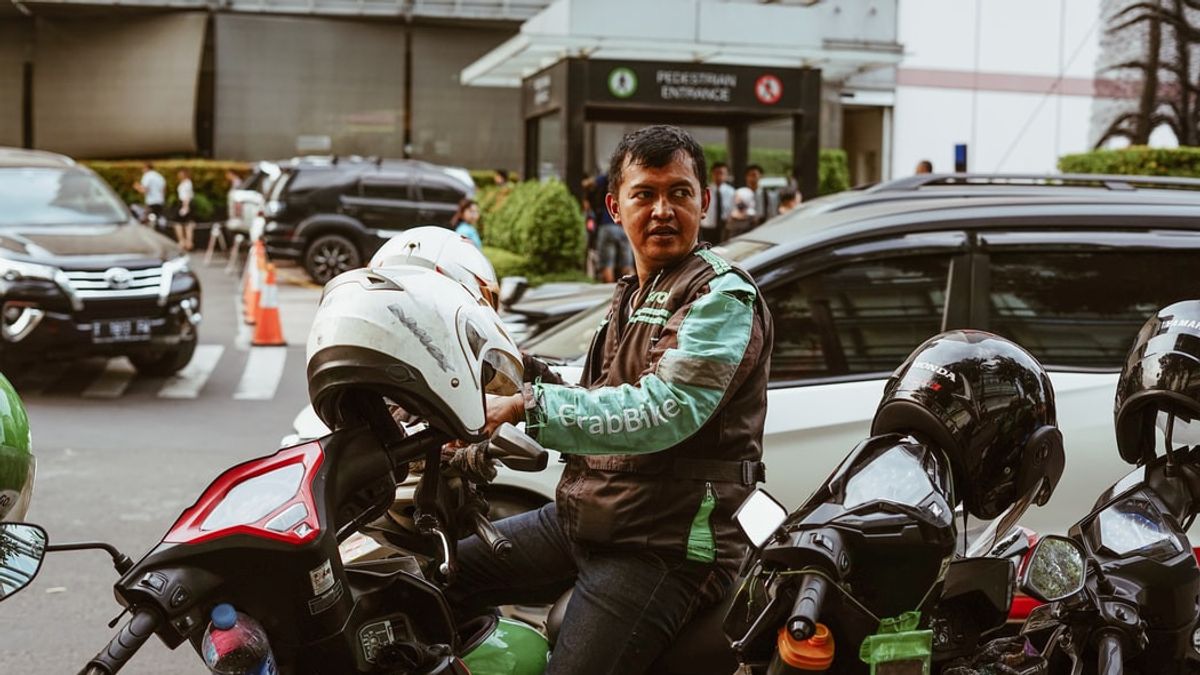JAKARTA - While traditional markets struggle to stay afloat during the Covid-19 pandemic, cryptocurrencies continue to advance. In April, bitcoin hit a record high of more than US$60,000 (869 million rupiah), nearly 10 times its value a year ago.
Retail and institutional investors are beginning to recognize the asset class as an alternative safe haven in an uncertain economy. Last year, banking powerhouse DBS launched a cryptocurrency exchange
Southeast Asia, like the rest of the world, has seen a similar increase in digital asset activity, with trading volume on the DBS Digital Exchange nearly 10-fold during the first quarter of this year.
The region is already home to one of the largest pools of cryptocurrency users in the world, with mobile penetration rates in Southeast Asia already over 100 percent making it a natural hotbed for digital asset adoption.
The USD 108 billion technology ecosystem in the region driven by unicorns such as Grab Holdings and Sea Limited, as well as GoTo (Gojek and Tokopedia) has established a foothold as an incubator for fintech innovation. The region is also a rising cryptocurrency powerhouse.
Its grants, programs, policies and regulations also help attract fintech businesses. Singapore's grants of S$300 million (approximately 3.2 trillion rupiah) for deep technology projects and S$12 million (approximately 128 billion rupiah) to advance blockchain innovation have built a launching pad for pioneering projects and developed a viable fintech ecosystem. strong.
Fintech licenses, such as those from Labuan International Business and Financial Center (IBFC) Malaysia, are a gateway for start-ups to enter Southeast Asia.
Last year, Labuan IBFC had a record number of approved fintech licenses, introducing three digital banks and 19 cryptocurrency trading platform providers to the region. Indonesia has also issued regulatory permits for the trading of 299 cryptocurrency assets earlier this year.
Fintech investment in Southeast Asia has also soared, reaching US$1.6 billion (Rp 17 trillion) in 2019. In Singapore, fintech start-ups recorded a 355% surge in funding in the first quarter of this year. Most investments in new fintech companies in Southeast Asia are led by foreign investors.
Not surprisingly, the number of fintech businesses is growing rapidly. Singaporean tech startups have grown 10-fold since 2015 while Vietnamese fintech start-ups have increased 179 percent since 2017. In Indonesia, fintech start-ups raised nearly 84 percent of total funding last year.
Given fintech's growing roots in Southeast Asia, acceptance of digital assets is the natural next step. With the region's internet economy surpassing 100 billion US dollars (Rp 1071 trillion), digital payments continue to play a central role. It's no wonder that cryptocurrency adoption has been on the rise in Southeast Asia.
Southeast Asia is home to 8.5 percent of the world's young population with an average age of 30.2 years. With more and more millennials putting their trust in technology, the region is poised to sow the future of cryptocurrencies.
Whereas 30 years ago, Southeast Asia was among the poorest regions in the world with more than half of its population living below the poverty line. Currently, its fast-growing middle class consumers will reach 50 million by 2022 with a combined income of 300 billion US dollars (3213 trillion rupiah).
The English, Chinese, Japanese, Arabic, and French versions are automatically generated by the AI. So there may still be inaccuracies in translating, please always see Indonesian as our main language. (system supported by DigitalSiber.id)













